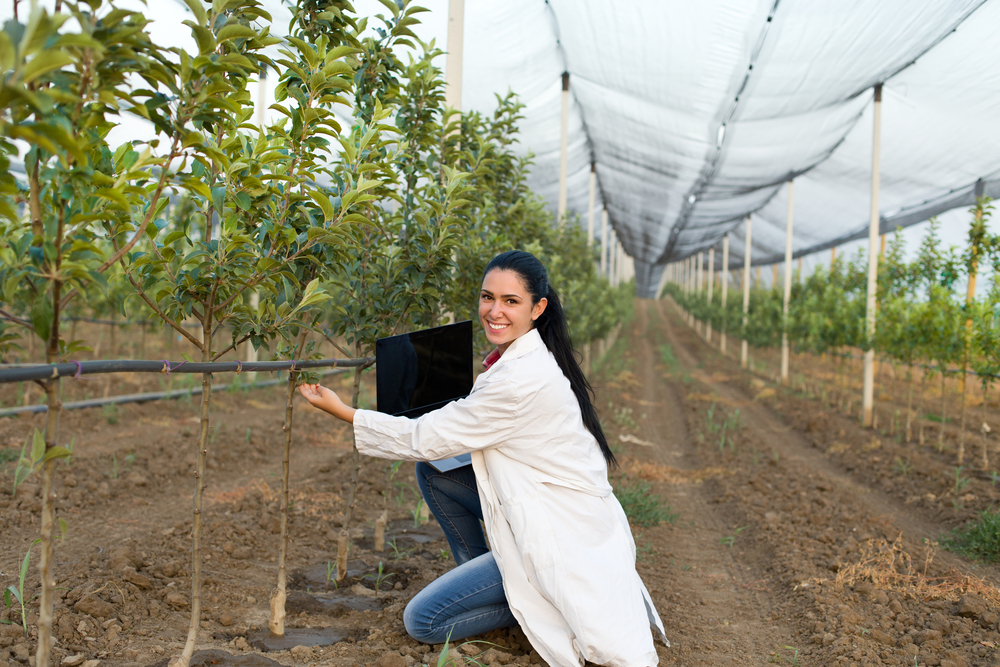
Nearly $1.3 million in grants from the Pennsylvania Department of Agriculture (PDA) were awarded to 13 institutions and organizations throughout Pennsylvania to conduct research that will advance the commonwealth’s multibillion-dollar agriculture industry, according to the governor’s office.
Research topics will include education, urban agriculture, organic food production, new methods and technologies for cost-effectively reducing nutrient loads to Pennsylvania’s waterways, animal health, the efficacy of various avian vaccinations, and invasive species management.
Penn State University, Rodale Institute, the University of Pennsylvania’s School of Veterinary Medicine and Temple University were among the grantees. The largest grant totaled $120,245 for Penn State University to study the impact of the Spotted Lanternfly on managed agricultural ecosystems.
“From the lab to the classroom, from the field to the factory, agriculturists pour both brain power and sweat equity into their work in equal measure,” Secretary of Agriculture Russell Redding said. “We must continue to invest in research so that those workers can make informed, data-driven decisions and explore new opportunities as the industry evolves and grows.”
The state’s agricultural industry generates approximately $135.7 billion in total economic impact each year and supports 579,000 jobs with $26.9 billion in earnings, according to the state’s Agriculture Economic Impact Study.
“[These] grants will further our understanding on how to manage against some of the most pressing challenges confronting agriculture today so that the industry can continue to be a positive economic force for our communities in the future,” Wolf said in announcing the grants on May 31.
“By lending additional support to this critical research, we will be able to better identify, understand and address problem areas, and learn more about emerging opportunities in the industry,” Wolf said.
PDA will also offer micro-grants, which will focus on the development of micro-credentials or badges that provide specific workforce skills and remedies to urban agricultural challenges as well as solutions to problems associated with hydroponic and aquaponic operations.